T32 AIDS Training Grant Fellowship Program
About the Fellowship
The sustained global impact of the HIV pandemic and the challenges to the management and prevention of HIV disease requires the training and development of talented new researchers. Since 1990 we have had an AIDS post-doctoral training program at UCSD designed to produce young investigators capable of conducting independent and productive research in important areas of HIV biology and pathogenesis, including basic, translational, and clinical research.
The research interests and activities of our faculty support the evolving focus and priorities of HIV-related research in general and specifically within our program. Through our program of closely mentored trainee-driven research, interactive research-review, and career-development activities, we aim to produce young investigators capable of launching HIV-related research careers in academia, industry, or public health.
Areas of Research Focus and Inquiry Include:
- Reducing the incidence of HIV/AIDS. This includes improving our basic understanding of HIV transmission, vaccine design, the evaluation of preventative measures, and the development of strategies to maximize the implementation of prevention-strategies.
- Improving HIV therapies. This includes identifying and evaluating treatment regimens of improved safety and easier use, such as long-acting antiretrovirals, and the development of strategies that maximize early diagnosis, initiation of treatment, and adherence to therapy.
- Cure research. This includes improving our basic understanding of the barriers to cure, including the mechanisms of viral persistence and latency; measuring the viral reservoir; and developing eradication strategies.
- HIV-related comorbidities. These include the cardiovascular, malignant, metabolic, and neurologic conditions that complicate the lives of treated patients. Questions of pathogenesis here include the roles of chronic inflammation and changes in the microbiome of the host.
- Health disparities among racial, ethnic, and social groups. Why do these exist and how might they be mitigated?
- Basic science. This is the critical cross-cutting discipline that informs studies of transmission, prevention, vaccine-design, the pathogenesis of comorbidities, and cure research.
Program Faculty:
|
|
|
|
|
|
|
|
|
|
|
|
|
|
|
|
|
|
|
|
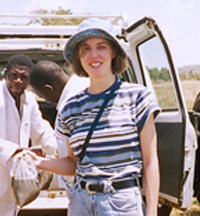
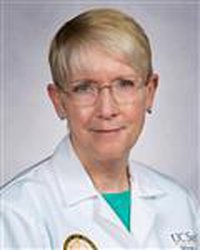
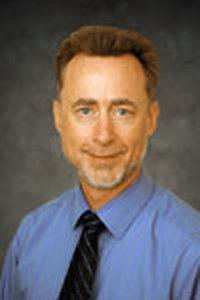
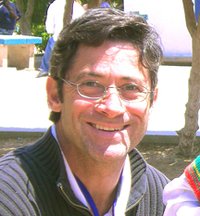

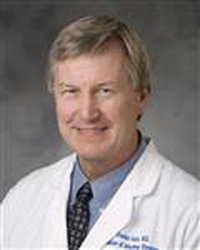


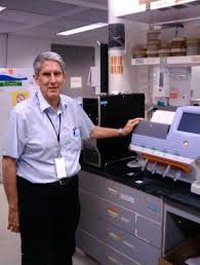

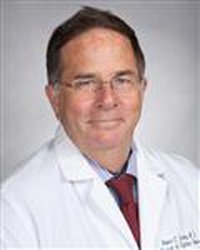
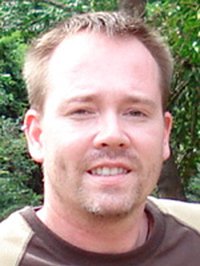



.png)
